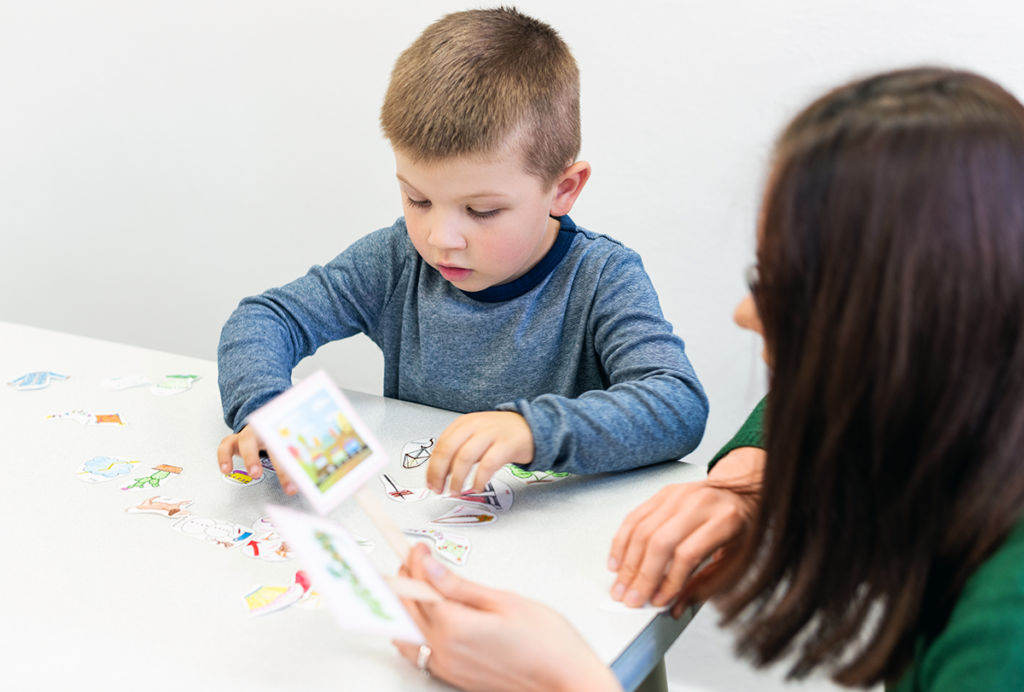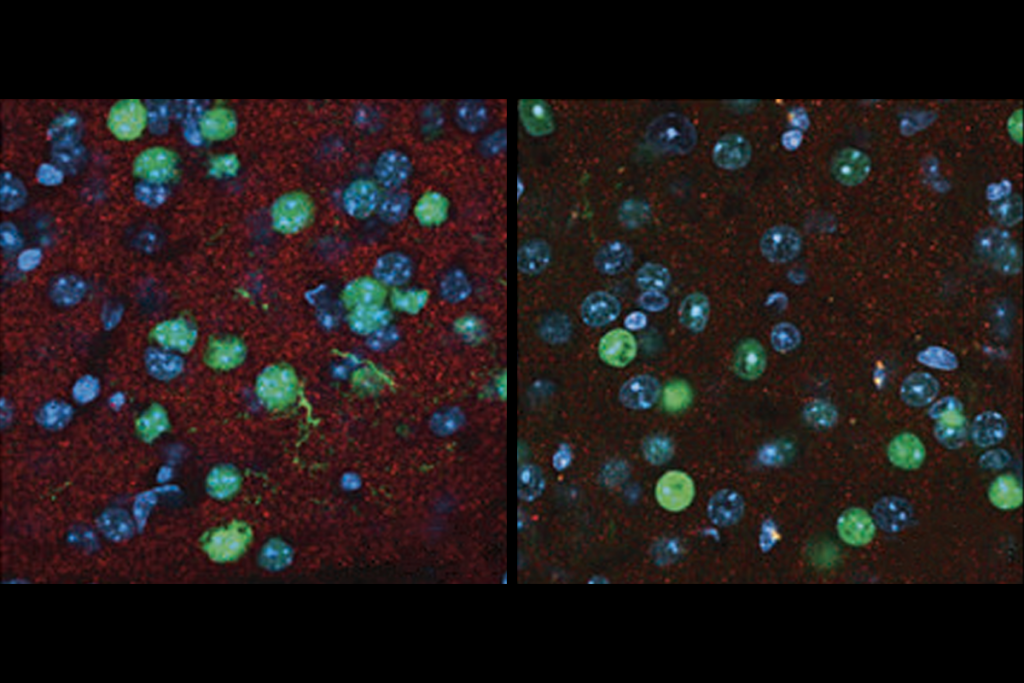
Problems with language, emotions predict social abilities in autism
Language difficulties and emotional challenges such as anxiety or aggression in children with autism at age 3 predict their social skills at around age 5.
Language difficulties and emotional challenges such as anxiety or aggression in children with autism at age 3 predict their social skills at around age 5. But the reverse is not true: Early problems with social skills or emotion regulation do not forecast later language abilities.
Researchers presented these unpublished results today at the 2018 International Society for Autism Research annual meeting in Rotterdam, the Netherlands.
The findings suggest that therapies intended to improve children’s language or ability to control their emotions also foster their social skills.
“We want to make our intervention efforts fruitful and to focus our limited efforts on what we can be doing,” says Vanessa Reinhardt, who presented the findings. Reinhardt is a postdoctoral fellow in Marjorie Solomon and David Amaral’s labs at the University of California, Davis MIND Institute.
Research on adults with autism has found that they are more likely to hurt themselves than are their typical peers. They also tend to be anxious, and show certain types of aggression and impulsivity.
However, researchers have not paid much attention to emotional issues in young children with the condition, Reinhardt says. Clinicians may dismiss mood disorders or anxiety in toddlers as a consequence of their age.
“Emotion regulation and thinking about those early social-emotional skills is something we haven’t heard too terribly much about and hasn’t been a focus in [autism],” she says.
The new work highlights the importance of identifying such problems early in life.
Drawing connections:
The researchers analyzed 277 children enrolled in the MIND Institute’s Autism Phenome Project. At around age 3, the children took a battery of language tests; the Child Behavior Checklist to measure anxiety and aggression; and the Social Responsiveness Scale, among others, to assess social difficulties. Of the 277 children, 72 are girls.
When they were about 5.5 years old, 111 of the children, including 23 girls, took most of the same tests again.
A child’s ability to express herself and comprehend others’ speech at age 3 is highly associated with her language skills at age 5.5, the researchers found. Better language skills also forecast less severe social issues, although this association is less robust.
The findings suggest that therapies to improve language skills would have wide-ranging benefits.
“It seems like language has much more of a payoff in terms of reducing some of the social difficulties that we see,” Reinhardt says.
Poor emotion regulation ability at age 3 also tracks with poor social skills at age 5.5. Likewise, social problems early on persist at the later time point.
The finding suggests that therapies that help children with their social skills or emotions would also improve their social skills. (The researchers have not yet analyzed data on emotion regulation from the second time point).
In typical children, Reinhardt says, trouble regulating emotions is related to how well children perform in school. She and her colleagues hope to investigate whether this is true in children with autism. They also plan to analyze social skills, language ability and emotion regulation in the children between ages 8 and 12.
For more reports from the 2018 International Society for Autism Research annual meeting, please click here.
Recommended reading
Home makeover helps rats better express themselves: Q&A with Raven Hickson and Peter Kind

Genetic profiles separate early, late autism diagnoses

SHANK3 deficiency and behavior in mice; and more
Explore more from The Transmitter
Psilocybin rewires specific mouse cortical networks in lasting ways
